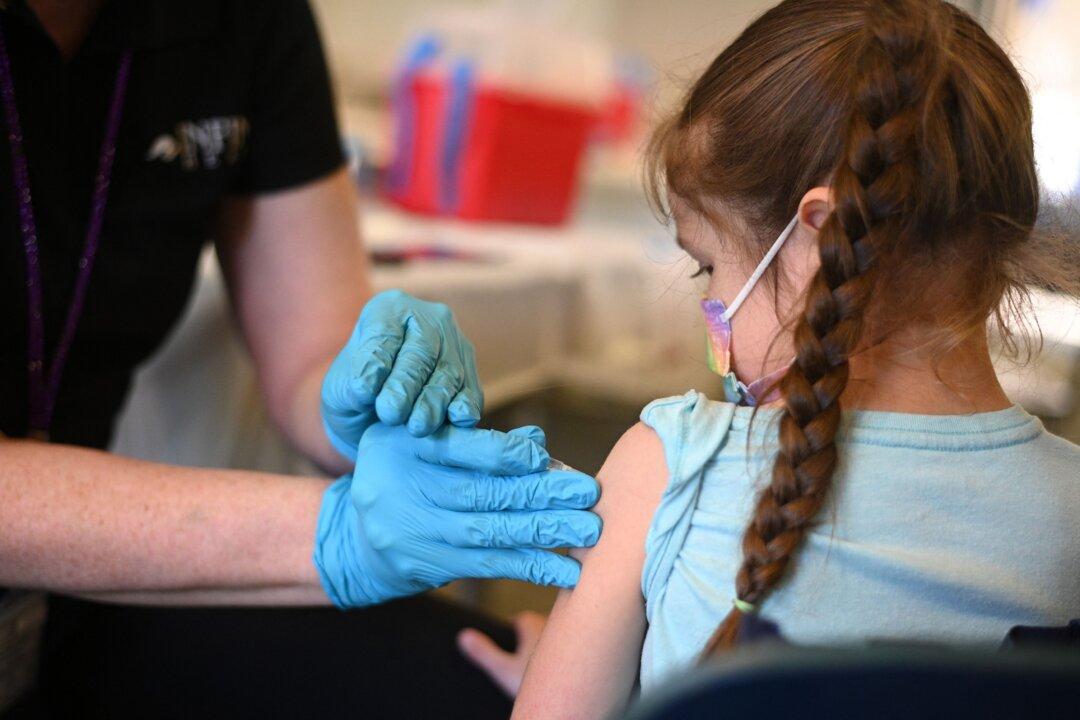Mandating COVID-19 vaccines and related passports have had damaging political, legal, and socioeconomic effects; while also destabilizing the integrity of science and public health, according to new research published at the BMJ Global Health, a global online health journal based in London.
Several countries have implemented vaccine mandates and passports to manage the COVID-19 pandemic, with some introducing them through the democratic process while others imposing them via emergency declarations, said the May 26 research report titled “The unintended consequences of COVID-19 vaccine policy.”





